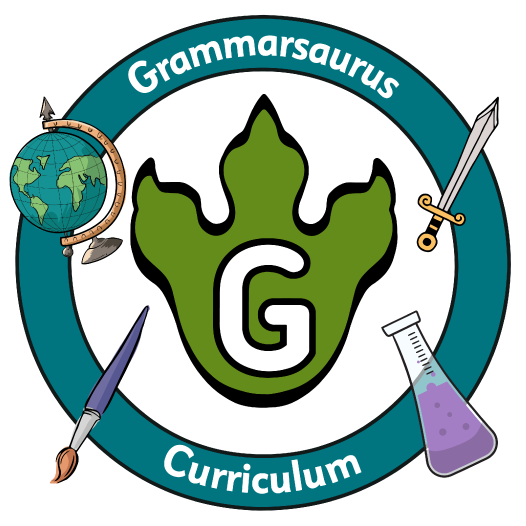
The Grammarsaurus Geography Curriculum aligns with the English National Curriculum. The concepts, geographical knowledge and geographical skills have been mapped to ensure that pupils following our sequence of learning have ample opportunity to make progress in geography by knowing and remembering more geography content.
Disciplinary Knowledge
Disciplinary Concepts
Curriculum Aims
- To develop contextual knowledge of the location of globally significant places – both terrestrial and marine – including their defining physical and human characteristics and how these provide a geographical context for understanding the actions of processes
- To understand the processes that give rise to key physical and human geographical features of the world, how these are interdependent and how they bring about spatial variation and change over time.
- To be competent in the geographical skills needed to:
- collect, analyse and communicate with a range of data gathered through experiences of fieldwork that deepen their understanding of geographical processes
- interpret a range of sources of geographical information, including maps, diagrams, globes, aerial photographs and Geographical Information Systems (GIS)
- communicate geographical information in a variety of ways, including through maps, numerical and quantitative skills and writing at length.
Y1
The world and my school
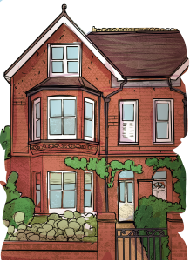
Our local park
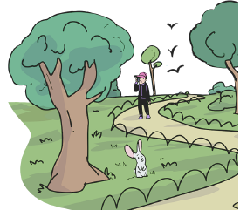
Our school
grounds
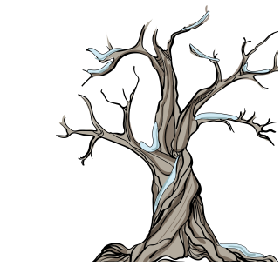
Y2
My local area and Tulum, Mexico

Investigating weather
and climate
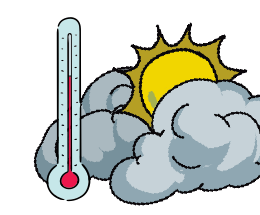
Y3
The United Kingdom
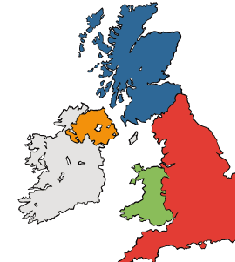
Bee conservation
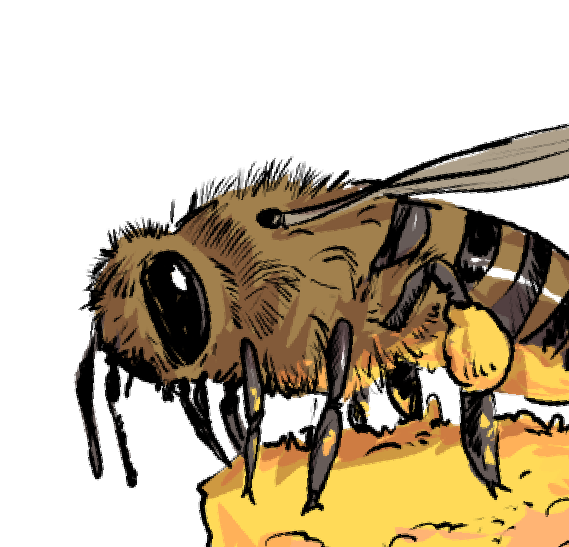
Land use, economic activity and travel
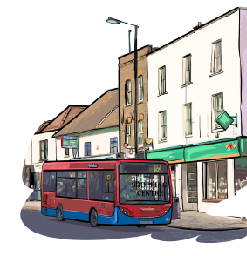
my local area, and how do people travel there?
In this unit, children will learn about the places around them and begin looking for land use patterns. Using a case study of a fictional town to provide context, children will investigate their local area, focusing on its facilities and transport links and how they might be changing. Children will learn different ways of presenting, analysing and evaluating the data collected about their locality.
Y4
My region and
Campania, Italy


Investigating weather and climate

Y5
My region and the Western United States
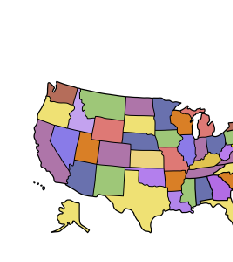
Rivers
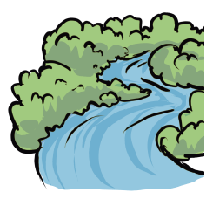
Biomes and ecosystems
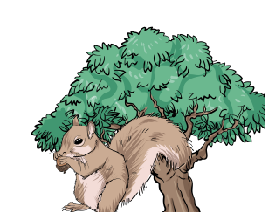
Y6
Economic activity
of the UK
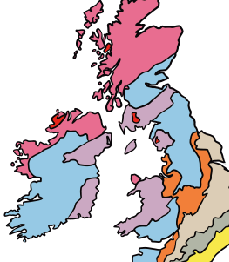
Sustainability

